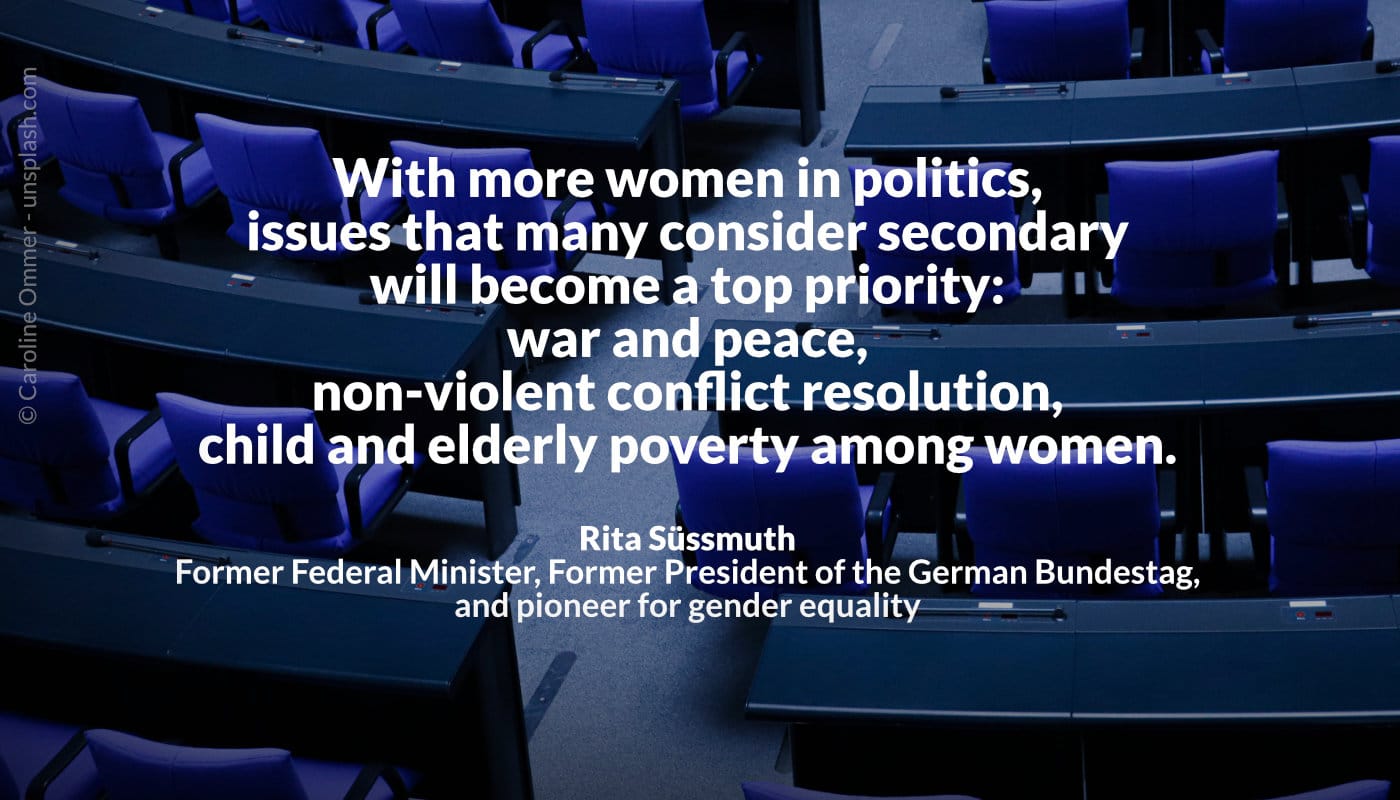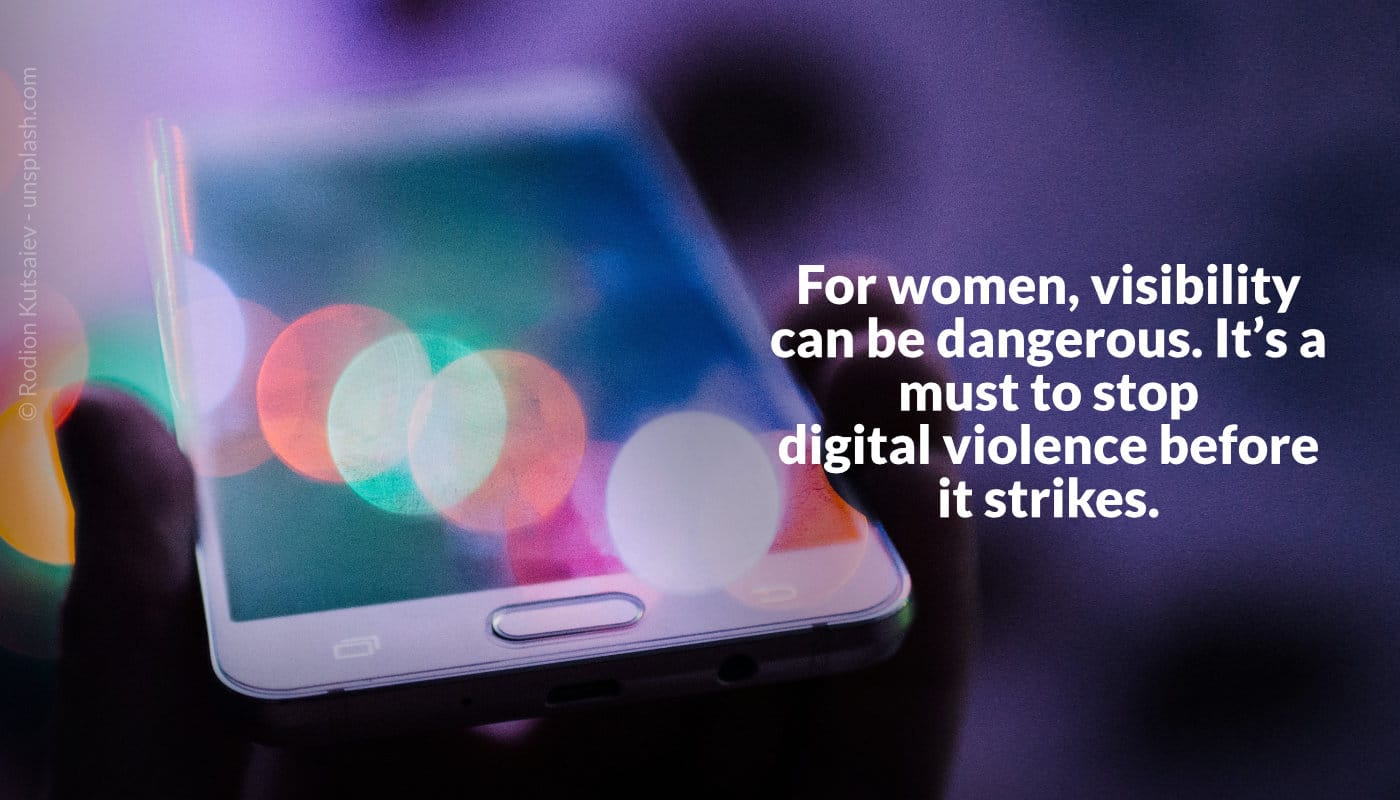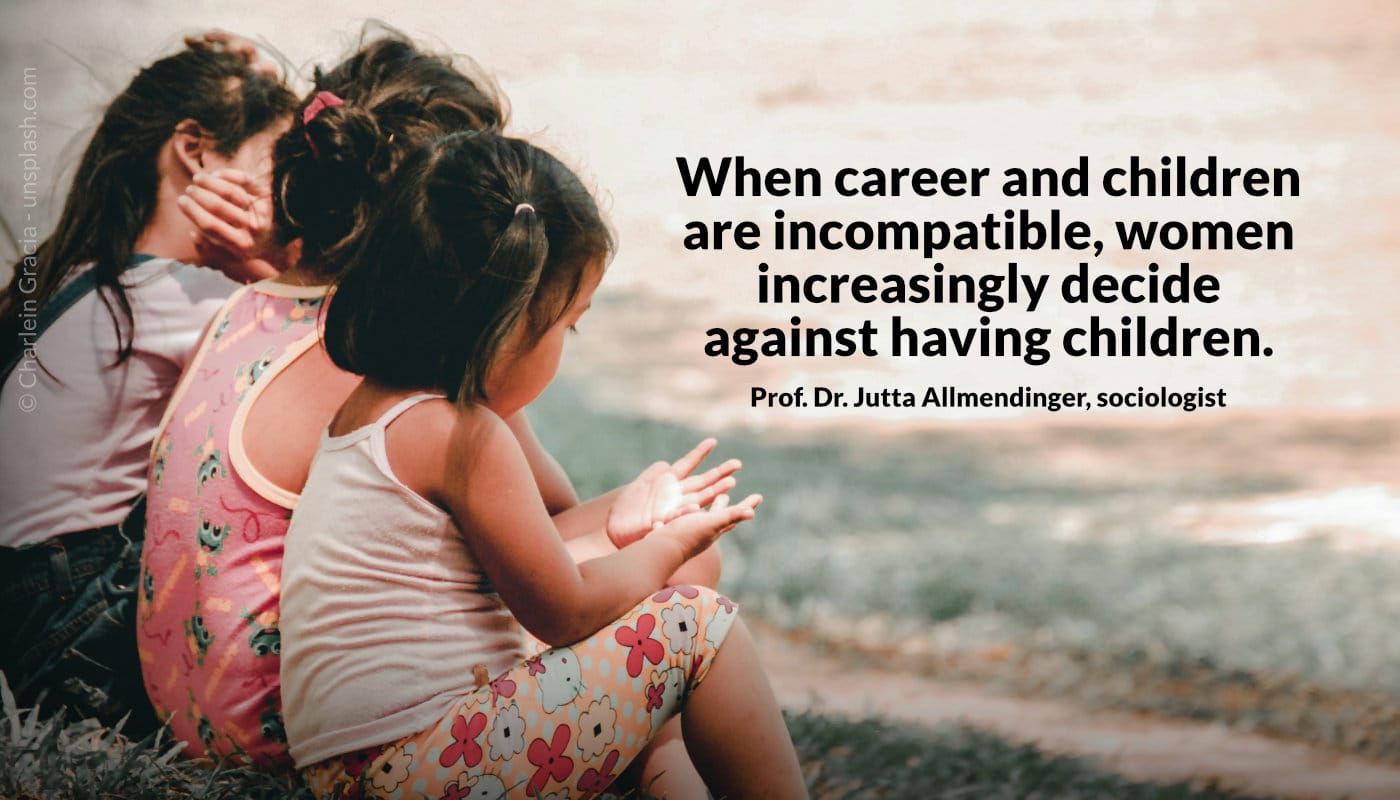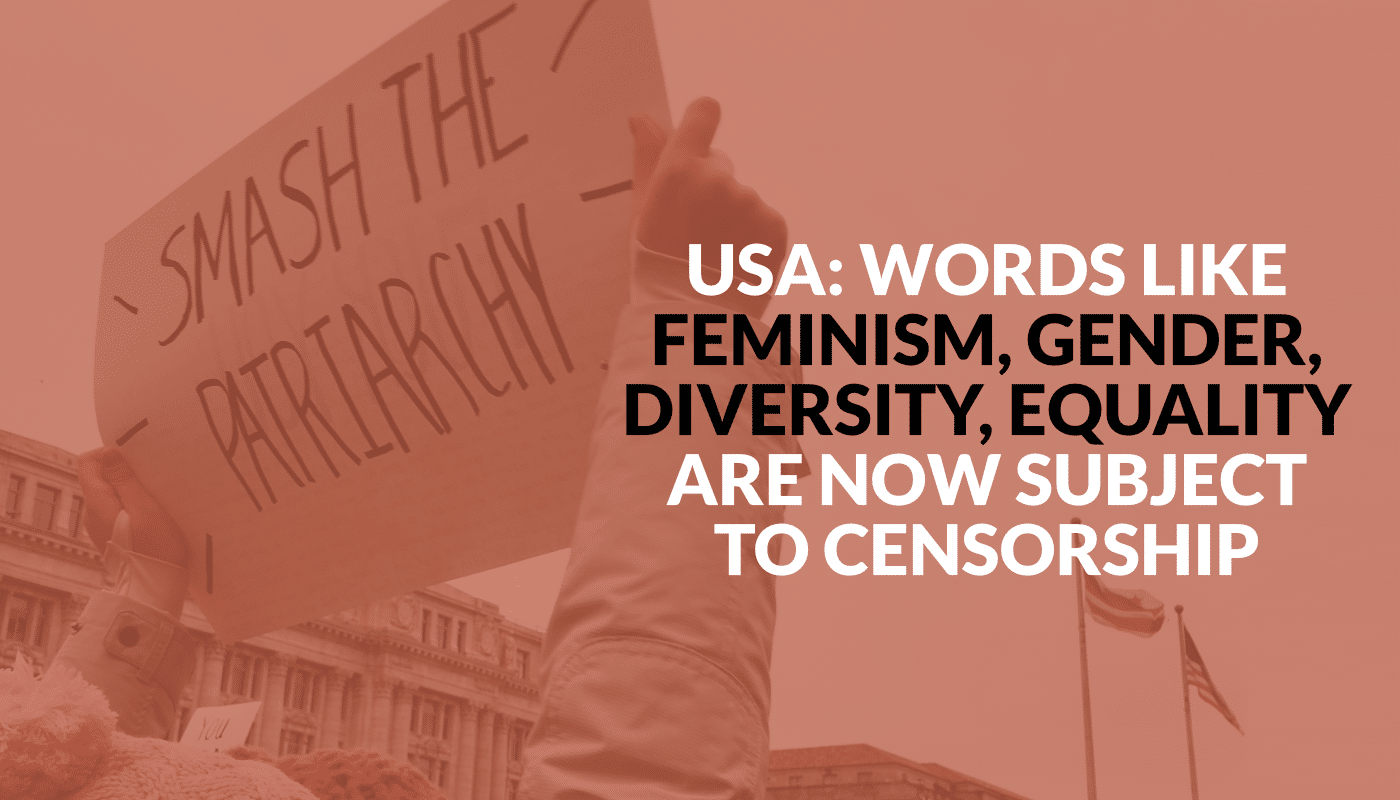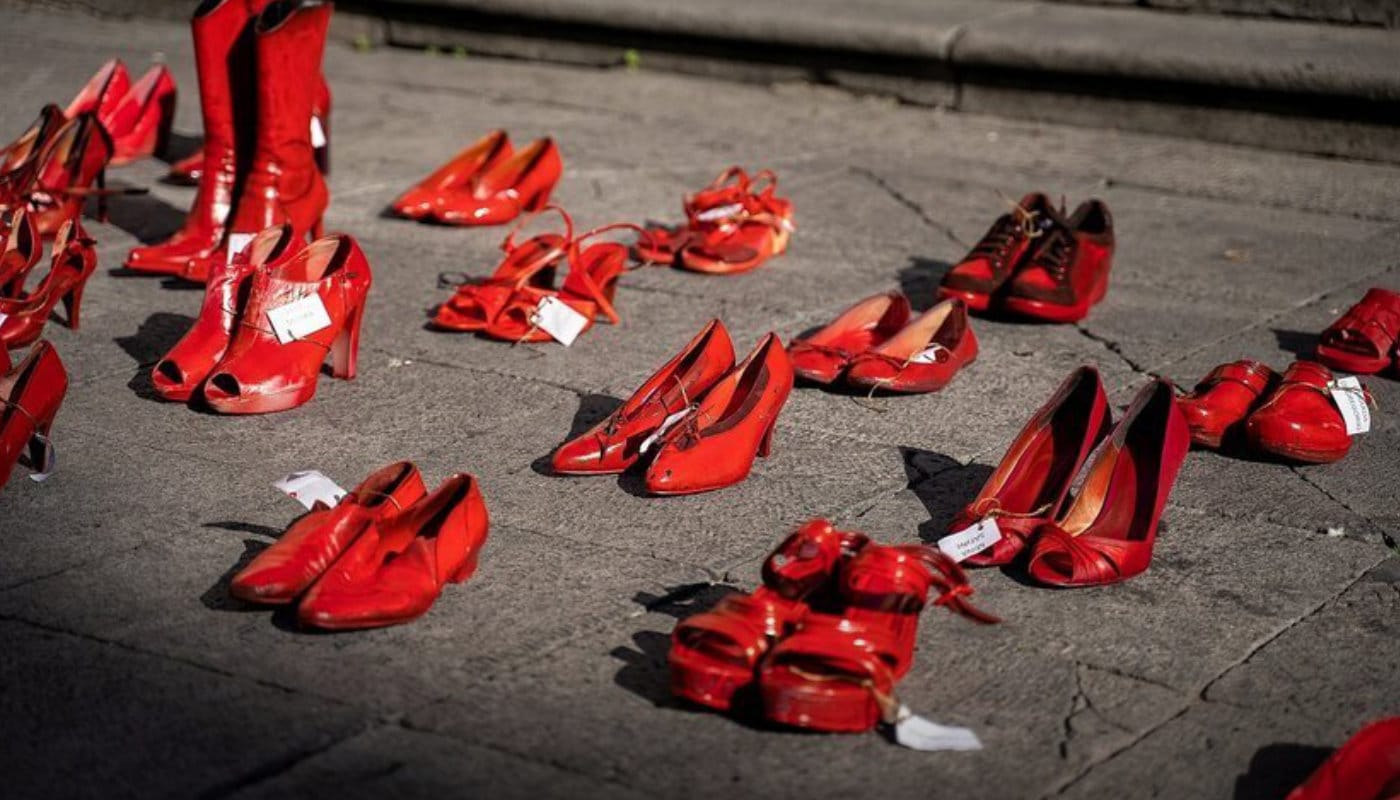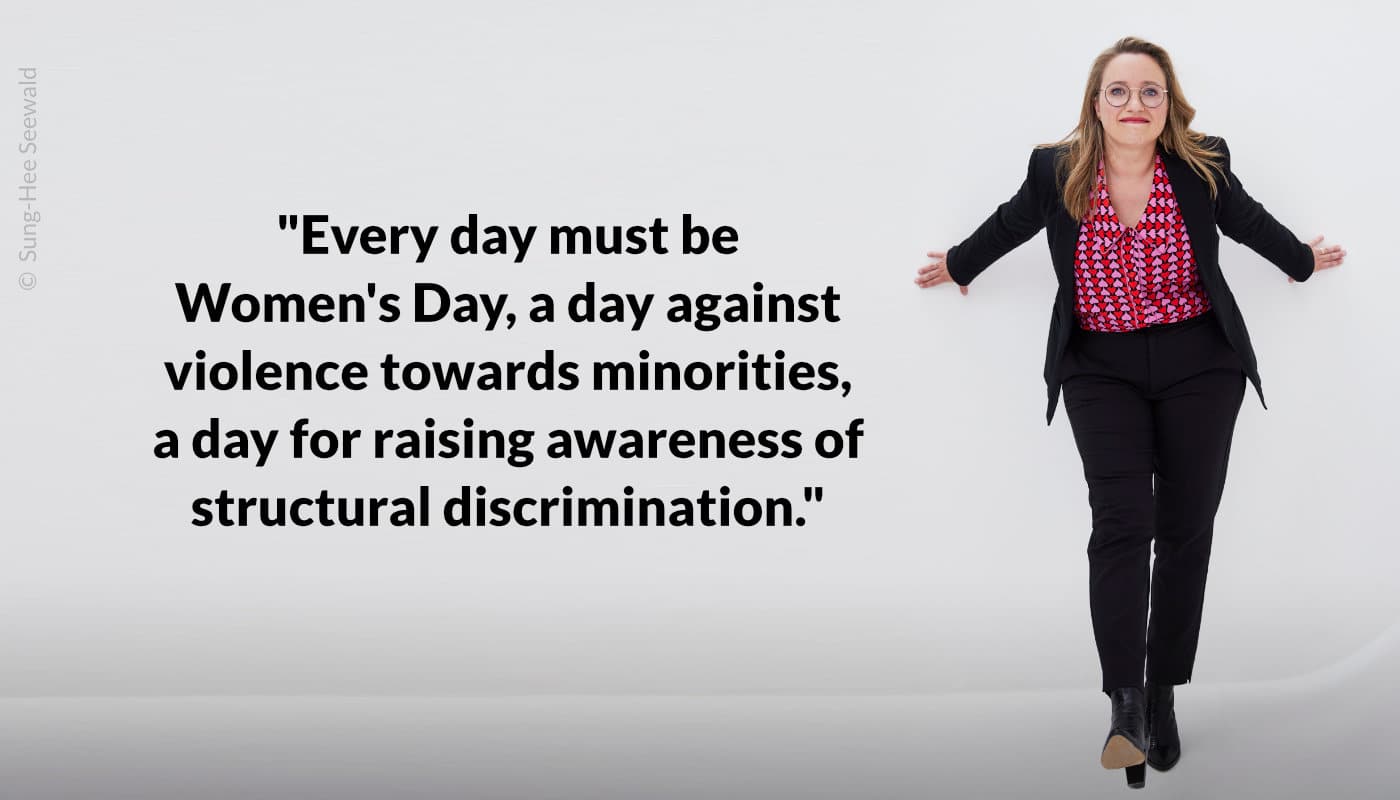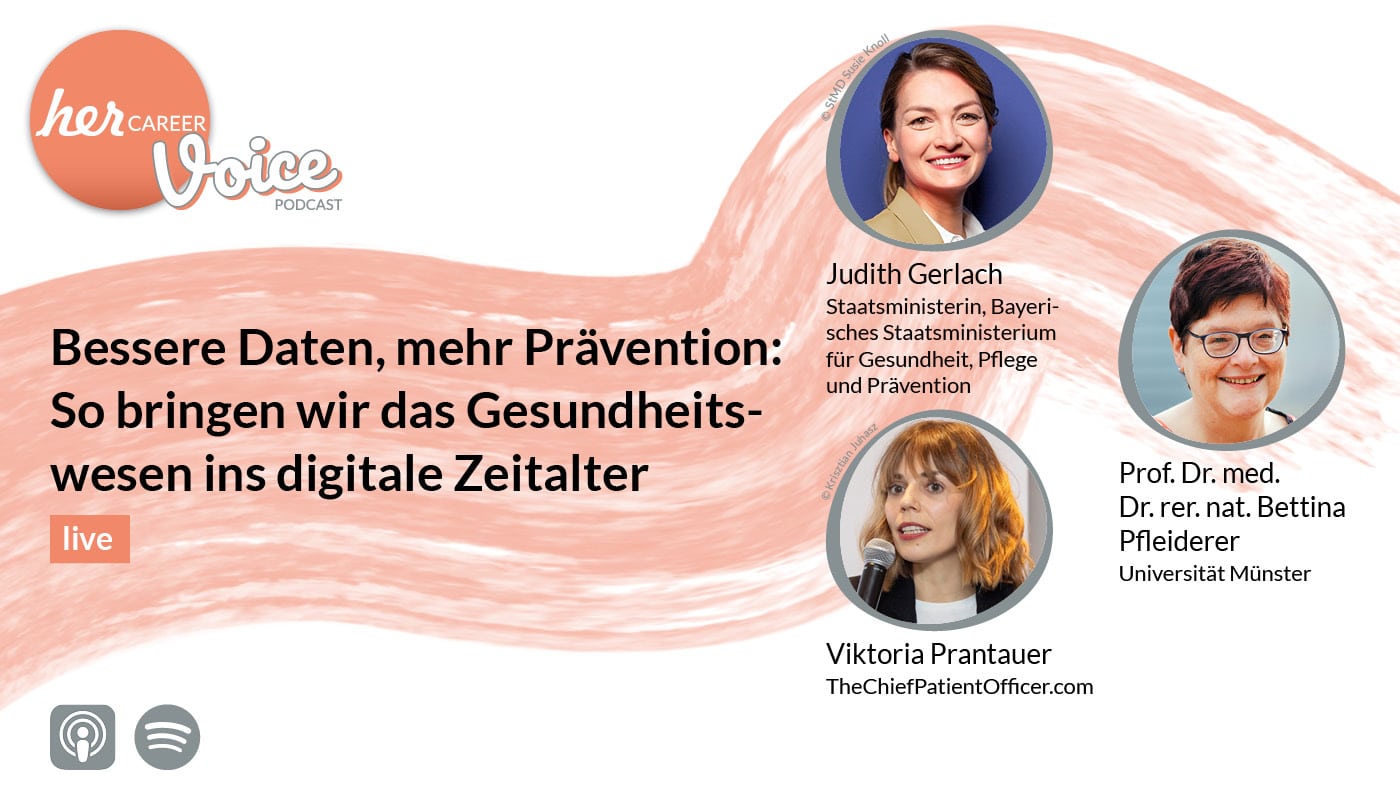The disadvantage faced by women in healthcare results in an annual loss of nearly one trillion euros for the global economy. This was revealed in a study presented at the World Economic Forum (WEF) in Davos, conducted by the WEF with the support of the McKinsey Health Institute and Swiss company Ferring Pharmaceuticals. This was reported by Deutschlandfunk (DLF).
One reason for the “Women’s Health Gap” is that medical research, diagnosis, and treatment are predominantly focused on men, according to the WEF report.
Women spend a quarter longer in poor health over their lifetimes compared to men. DLF stated, “Closing this gap would significantly boost the global economy. A large portion of the growth would come from women recovering from illness and re-entering the workforce.” The WEF announced a global alliance for women’s health, with around 50 million euros committed to the initiative. According to WEF health expert Shyam Bishen, Ph.D., MS, MBA, investments in women’s health must therefore be a priority for every country.
Around 700 diseases are diagnosed later in women than in men—on average, two and a half years later for cancer and four and a half years later for diabetes. Moreover, less than half of the women living with endometriosis ever receive the correct diagnosis.
“What everyone should know about gender-sensitive medicine”: At the herCAREER Academy, internist Sabine Oertelt-Prigione and entrepreneur Vera Schneevoigt will speak live via Zoom on January 31, 2024, at 4 PM about the latest research and why gender-sensitive medicine is not a trend but a necessity.

Published by herCAREER,
Posted on LinkedIn on 18.01.2024


